Category: Local
-
Voters in Platte County approved two sales tax measures, and voters in Hickman Mills C-1 School District approved a bond issue
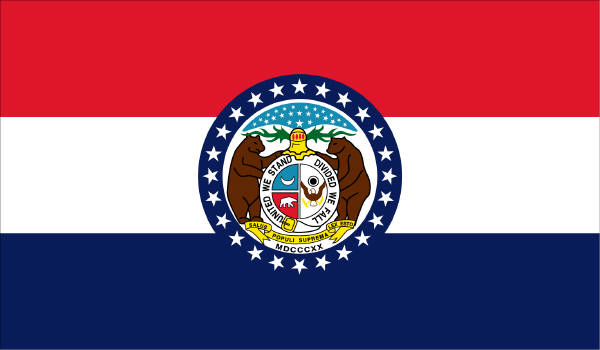
Voters in Platte County, Missouri, approved two sales tax renewal questions on Tuesday. The final unofficial election report by the county showed Question 1 receiving 75.82% of the vote, and Question 2 receiving 60.81% of the vote. Question 1 authorizes the county to renew for 10 years a 0.25% sales tax to fund parks and…
-
Florida county commissioners seek to reclaim delegated emergency response powers
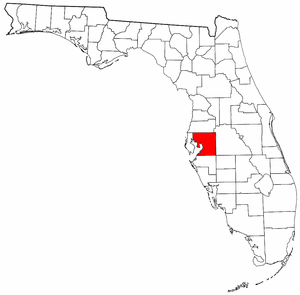
The Hillsborough Board of County Commissioners on July 21 unanimously approved a draft order that would dissolve the county’s Emergency Policy Group (EPG) and return its delegated emergency response authority—including the authority to respond to the coronavirus pandemic—to the county commissioners. The EPG, which consists of three county commissioners, the sheriff, the chair of the Hillsborough…
-
Recall petition filed against Washington sheriff
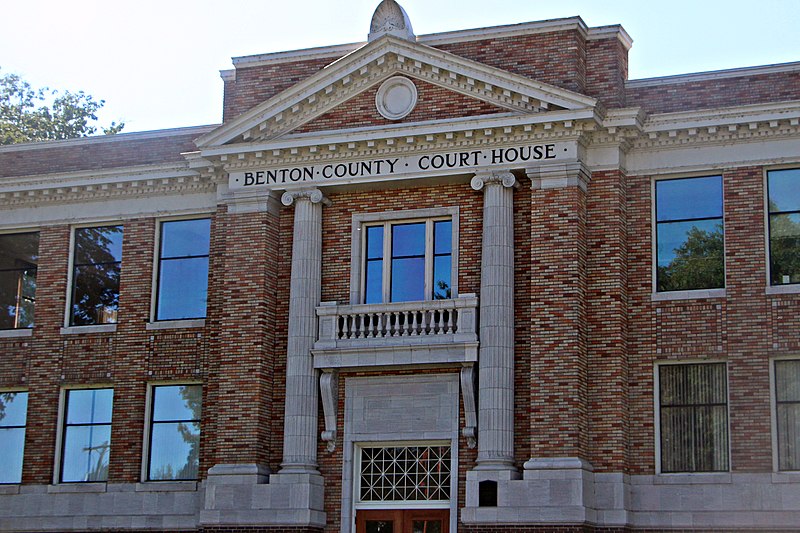
An effort to recall Jerry Hatcher from his position as Benton County Sheriff in Washington began in July 2020. The Benton County Sheriff’s Guild is leading the recall effort. They said Hatcher had performed his duties in an improper manner, committed illegal acts, and violated his oath of office. Over 90% of the guild members…
-
Filing deadline passes to run for school boards in Louisiana
The filing deadline to run for the Orleans Parish and Caddo Parish school boards is on July 24, 2020. In Orleans Parish, all seven seats on the board are up for election. Meanwhile, Caddo Parish is holding a special election for the District 8 seat, which became vacant when Denee Locke (R) moved out of…
-
Three Toledo City Council members suspended pending federal investigation

On July 22, three of the four Toledo City Council members currently under investigation on federal charges of bribery, extortion, and conspiracy voluntarily suspended their positions. Yvonne Harper, Tyrone Riley, and Larry Sykes agreed to the suspension after Attorney General of Ohio Dave Yost (R) filed a request for suspension proceedings. They did not resign…
-
Mayoral recall effort underway in Seattle

Seattle Mayor Jenny Durkan is facing a recall effort over actions by the Seattle Police Department during protests following the death of George Floyd. Petitions were approved for circulation on July 10, 2020. Recall organizers have until January 6, 2021, to gather about 54,000 valid signatures in order to put the recall election on the…
-
Garza defeats incumbent Moore in Travis County, Texas, District Attorney runoff
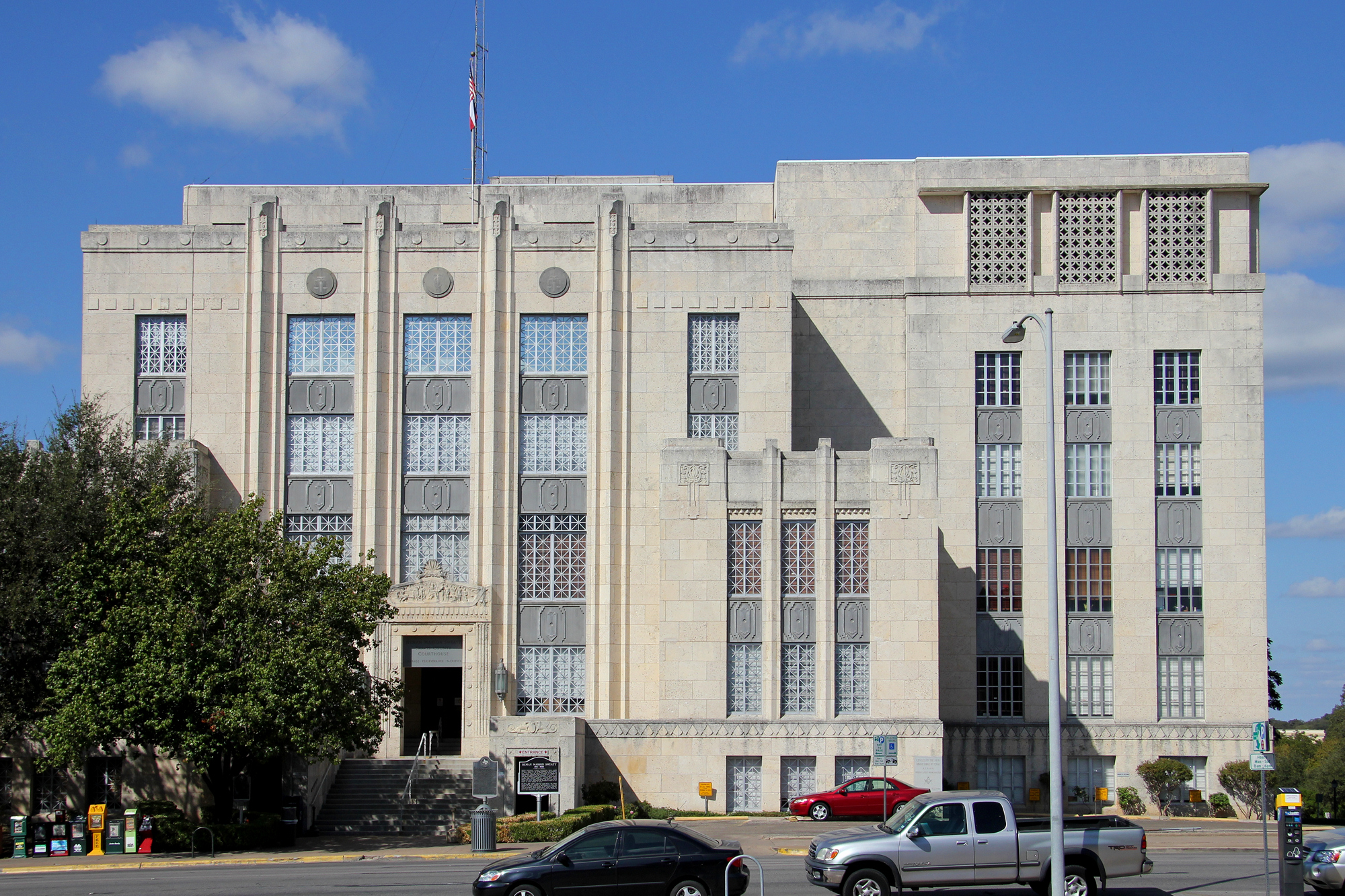
José Garza defeated incumbent Margaret Moore in the Democratic primary runoff for Travis County District Attorney in Texas. Garza received 68% of the vote to Moore’s 32%. The race attracted national attention after Garza received endorsements from U.S. Sens. Bernie Sanders (I-Vt.) and Elizabeth Warren (D-Mass.). Moore was endorsed by the Austin American-Statesman and Austin…
-
Washington Supreme Court schedules sheriff recall appeal for September 10
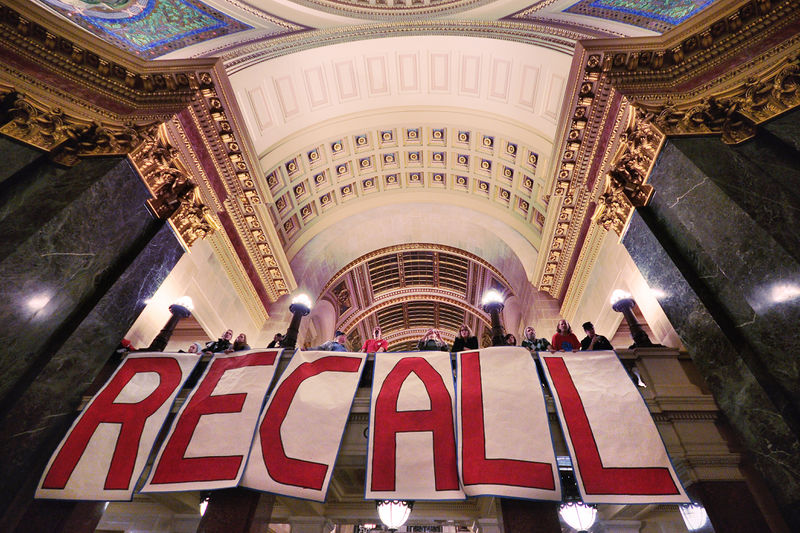
Two efforts to recall Adam Fortney from his position as sheriff of Snohomish County, Washington, have been approved to circulate petitions. The efforts began after Fortney announced on Facebook in April 2020 that his office would not enforce restrictions Gov. Jay Inslee (D) set in place in response to the coronavirus (COVID-19) pandemic. The first…
-
Filing deadline approaches for three school boards in Michigan

The filing deadline to run for school board in the Detroit, Dearborn, and Ann Arbor school districts in Michigan is on July 21, 2020. In each district, three out of seven seats on the school board are up for election. The general election in each district is scheduled for November 3, 2020. No primaries are…
-
Montana mayor sues to stop recall election
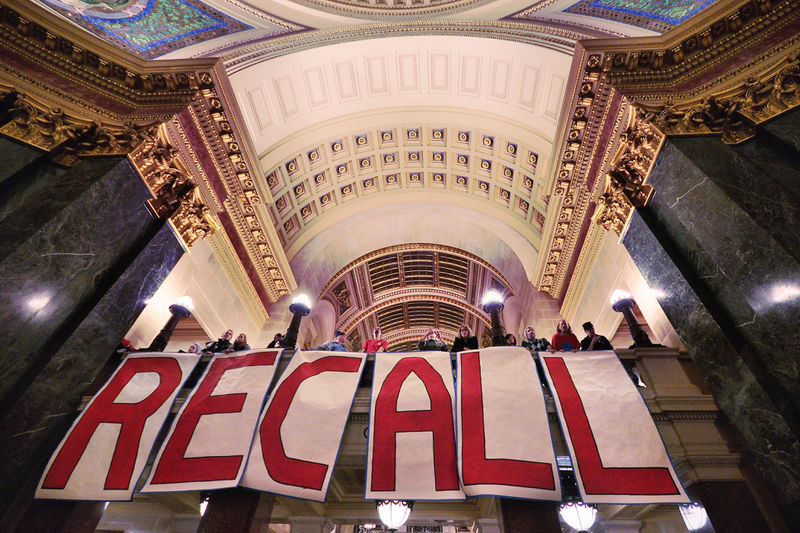
In Montana, Stevensville Mayor Brandon Dewey has filed a lawsuit in Ravalli County District Court seeking to stop the recall election against him. The lawsuit argues that the recall petitions did not include important context about the allegations against him and that the recall therefore shouldn’t have been approved for circulation. The recall election is…

